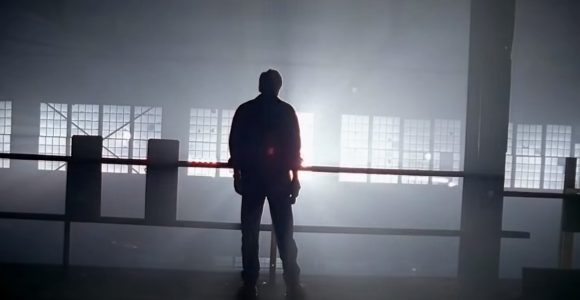I’ve noticed an annoying trend among futurist books for laymen readers. I pre-ordered Michio Kaku’s Physics of the Impossible, the latest in his line of books about weird science for public consumption. I’ve been reading Kaku’s series since Hyperspace, which came out in the late nineties, and what bothered me when I cracked open his newest book is the sneaking suspicion that I’ve read some of these passages before. Do Doubleday and Anchor Books think that blatant regurgitation of portions of text from earlier books in the series is okay because these books are so difficult to comprehend? Or is it because Kaku and physicists like him are few and far between, being among the few supergeniuses who are willing to dumb-down quantum physics for (albeit intensely interested) nimrods like myself?
For those who’ve never read these kinds of books, I’d describe them as lengthy non-fiction works written by theoretical physicists whose intention is to introduce non-physicists to exciting developments in their field. What’s cool is that “exciting developments” in the field of theoretical physics mean wild yet mathematically sound speculation as to the nature of space-time, cosmology, and higher dimensions. We science fiction geeks are fascinated by this stuff, first because we have distinguished physicists championing ideas that have been touted by science fiction writers for years with real-world science, and second because these books serve as excellent springboards for science fiction ideas. (Granted, futurist books are a bit dated when it comes to scrounging for ideas, but that’s why we have the science mags like Seed, Scientific American, and Science.)
While all of these physicist-authors are well-intentioned, few are actually engaging writers: Michio Kaku, John Gribbin, Paul Davies, and Brian Greene are among the engaging ones. Futurist authors have to be very careful with pacing and use lots of illustrative analogies to avoid sounding obscure, boring or condescending. Stephen Hawking and Kip Thorne don’t do this well—in particular, I’m thinking of Hawking’s The Theory of Everything, most of which is devoted to the tedious history of physics.
I’m hoping that as I make my way through Physics of the Impossible, Kaku will avoid Hawking’s penchant for history. I wonder how much of the futurist’s tendency to repeat himself is really the fault of the author; I imagine Kaku’s editors are told by the publisher to make any book in the series serve as a possible entry point for any reader, so that means we’re going to hear about how Kaku built an atom smasher in high school again, or read an explanation of Michael Faraday’s early years in every book. Annoying? Yes. Necessary? Not so much.



